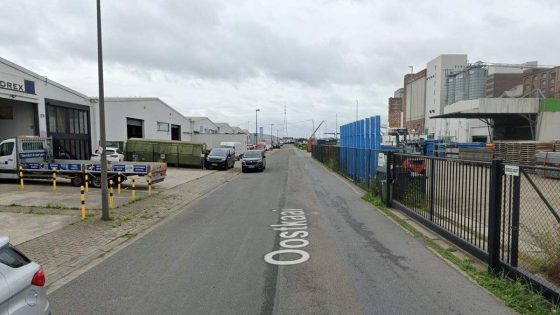The Belgian federal government aims to reach an agreement on the much-anticipated lastenverlaging (tax burden reduction) before the summer recess. CD&V chairman Sammy Mahdi emphasized this deadline on Radio 1, highlighting the importance of finalising the deal by 21 July 2025-06-30 22:08:00. This move follows recent reforms on unemployment benefits and capital gains tax, positioning the reduction of labour costs as the next priority.
- Sammy Mahdi demands summer agreement on tax cuts
- Federal government must finalize deal before July 21
- Focus shifts to lowering labor costs next
- Reforms must be implemented independently and timely
- Plan includes raising tax-free allowance and abolishing contributions
- Labor cost reduction starts January 2026, scales up
Mahdi insists that the government must implement each reform separately and fully, without linking them unnecessarily. The planned lastenverlaging is part of the broader government strategy to boost purchasing power and competitiveness, with a key target to increase the gap between working and non-working incomes by at least €500.
What does this mean for Belgian workers and employers? With the government committed to enacting these changes by the end of the legislative period, the stage is set for a significant overhaul. Let’s explore the implications of this upcoming tax reform.
How will this lastenverlaging affect Belgium’s economy and workforce? It’s clear that the government sees lowering labour costs as essential to stimulating employment and competitiveness. Key aspects include:
- Increasing the tax-free allowance to benefit low and middle-income earners
- Abolishing the special social security contribution to reduce employer and employee costs
- Phasing in changes starting 1 January 2026, with gradual increases until the end of the legislative term
- Ensuring reforms are implemented independently to avoid delays
As the summer approaches, all eyes will be on the federal government to deliver on this commitment. Will the lastenverlaging meet expectations and provide the intended boost to Belgian workers’ purchasing power? The coming weeks will be decisive in shaping Belgium’s economic future.

































